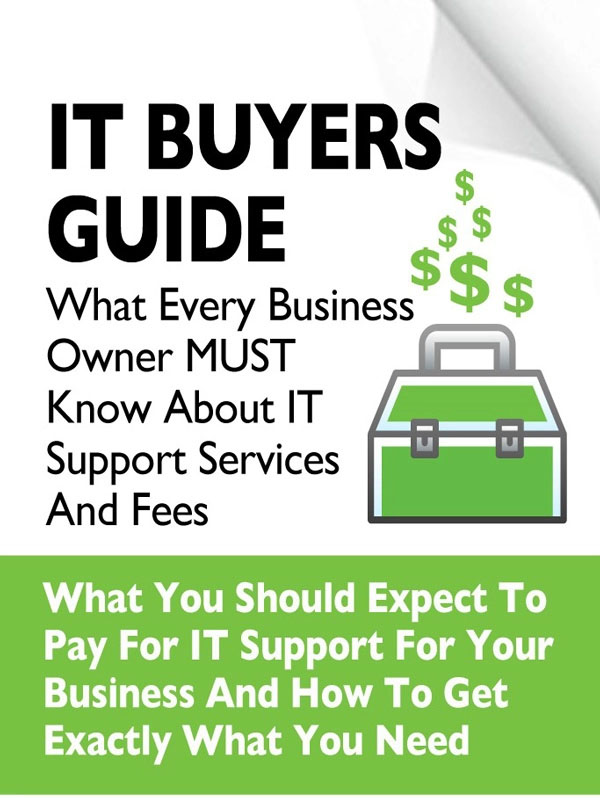To run a successful business, you must outsource well-functioning IT services in Dayton, Ohio, to manage internal and customer-facing operations. However, you must sign an information technology services contract before implementing them.
On the other hand, many IT services will present you with boilerplate contracts to limit your obligations and burden you with unnecessary fees. As a result, you should carefully analyze your agreement to see whether you can negotiate more favorable terms for your company's operational needs.
This post will go through the five essential aspects to look for in an IT services contract.
1. Personnel Information
Your IT services provider will likely handle or access any personal information belonging to your company or its workers. Therefore, the contract should convince you that your IT services provider will treat your personal information carefully.
Your contract should clearly state how your IT services provider will handle a severe data breach involving personal information. When you outsource IT support services in Dayton, Ohio, your IT partner will alert you of any data breach that might occur in the future.
2. Contract Continuation
Ensure that your IT partner resolves all IT-related issues before the contract is valid. For example, the contract should include that your IT service provider must first approve any changes made to the systems. In addition, there should be someone in your team who is responsible for contacting the IT service provider when something goes wrong. This person may do essential support themselves before calling the provider, keep the provider briefed, and be available to help if the provider is called out to your site, meeting minimum standards for security and continuity. Ensure complete payment by a given date.
3. Confidentiality
When outsourcing managed IT services in Dayton, Ohio, your provider may receive or have access to confidential information. In any case, you want the IT services provider to have access to and use personal information as needed to offer their services. Before disclosing information to third parties, your IT services provider should seek your written consent.
You may also demand that your IT services provider return and destroy your sensitive data after the contract expires. However, confidentiality terms remain in effect even if the agreement is terminated for any reason. As a result, your IT services provider must continue to keep your data private.
4. Which Hardware Should Be Covered
Check your contract to see what equipment is covered. For instance, you need a documented list that both parties agree to. Or there could be restrictions such as only using equipment given by your supporter. They may cover anything, but there are some restrictions, such as not covering equipment older than a particular age.
Because PC hardware does not fail all that frequently, you may exclude PCs from your contract and focus on products that do fail, such as servers and printers. If you do this, you should have a set hourly rate for PC repairs.
5. Indirect losses
A contract with an IT services provider will likely exclude liability for indirect loss. However, there is a distinction between indirect and direct loss. Direct loss usually refers to losses that occur immediately after an occurrence. Indirect loss refers to any loss that could arise from an incident but is not certain to occur.
As a result, you should check that the contract does not eliminate the IT services provider's duty for indirect loss. However, you may learn that the condition is a mutual agreement that covers you and the IT services provider in Dayton. As a result, if you breach the contract, you may be liable for any resulting indirect losses. In addition, you can hold your IT services provider accountable for certain indirect losses, such as data breaches.
Conclusion!!
An IT service provider like SpliceNet Consulting will supply statistics and fact-based recommendations on the asking price. Furthermore, they will aid you in the construction of your IT infrastructure and strengthen your security postures so that your servers are not subject to attacks. So again, your IT budget remains constant while maintaining high profitability and productivity. You can verify these claims by requesting references, reviewing online reviews, questioning your IT service provider's expertise, and asking them to describe their appropriate education and training.


